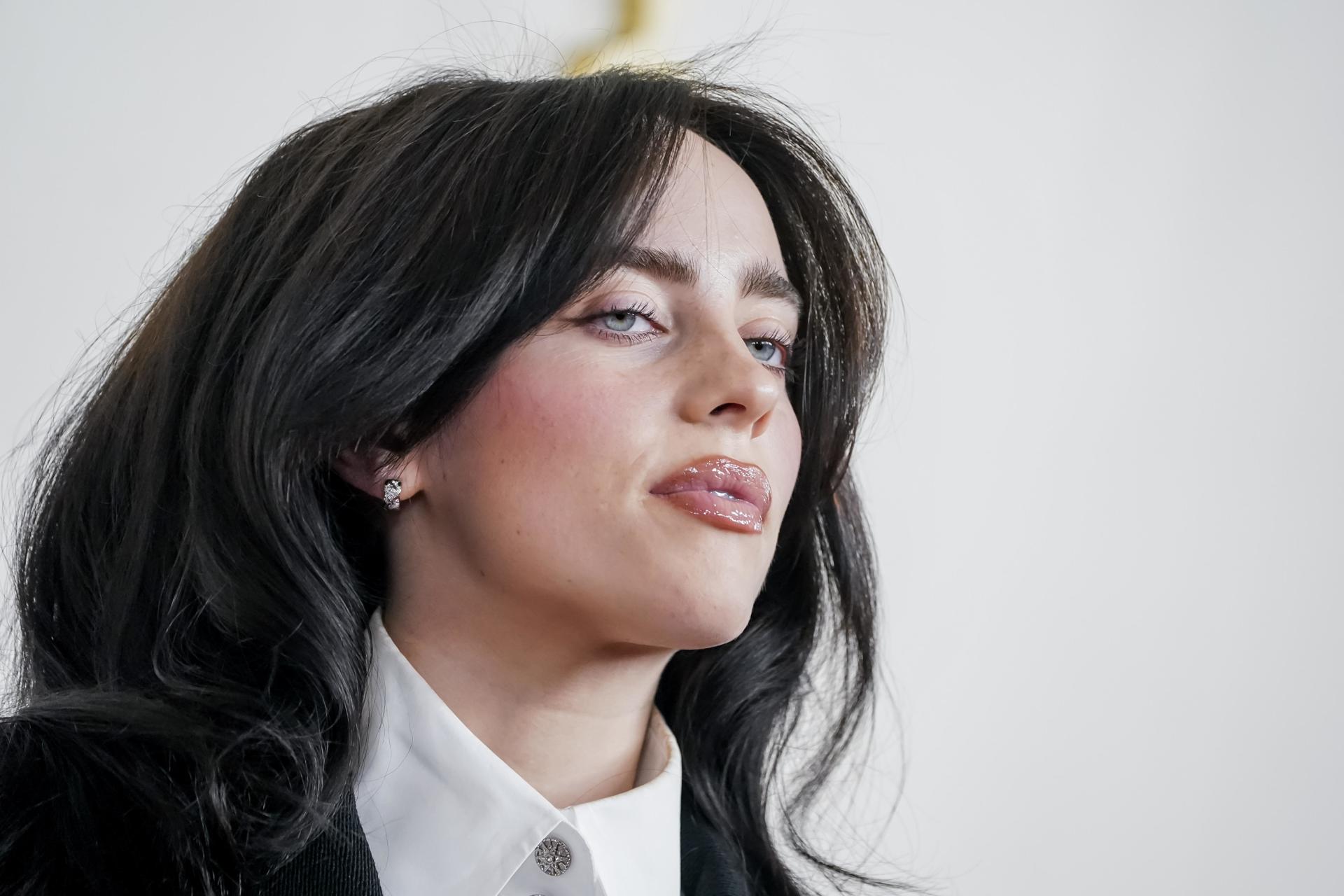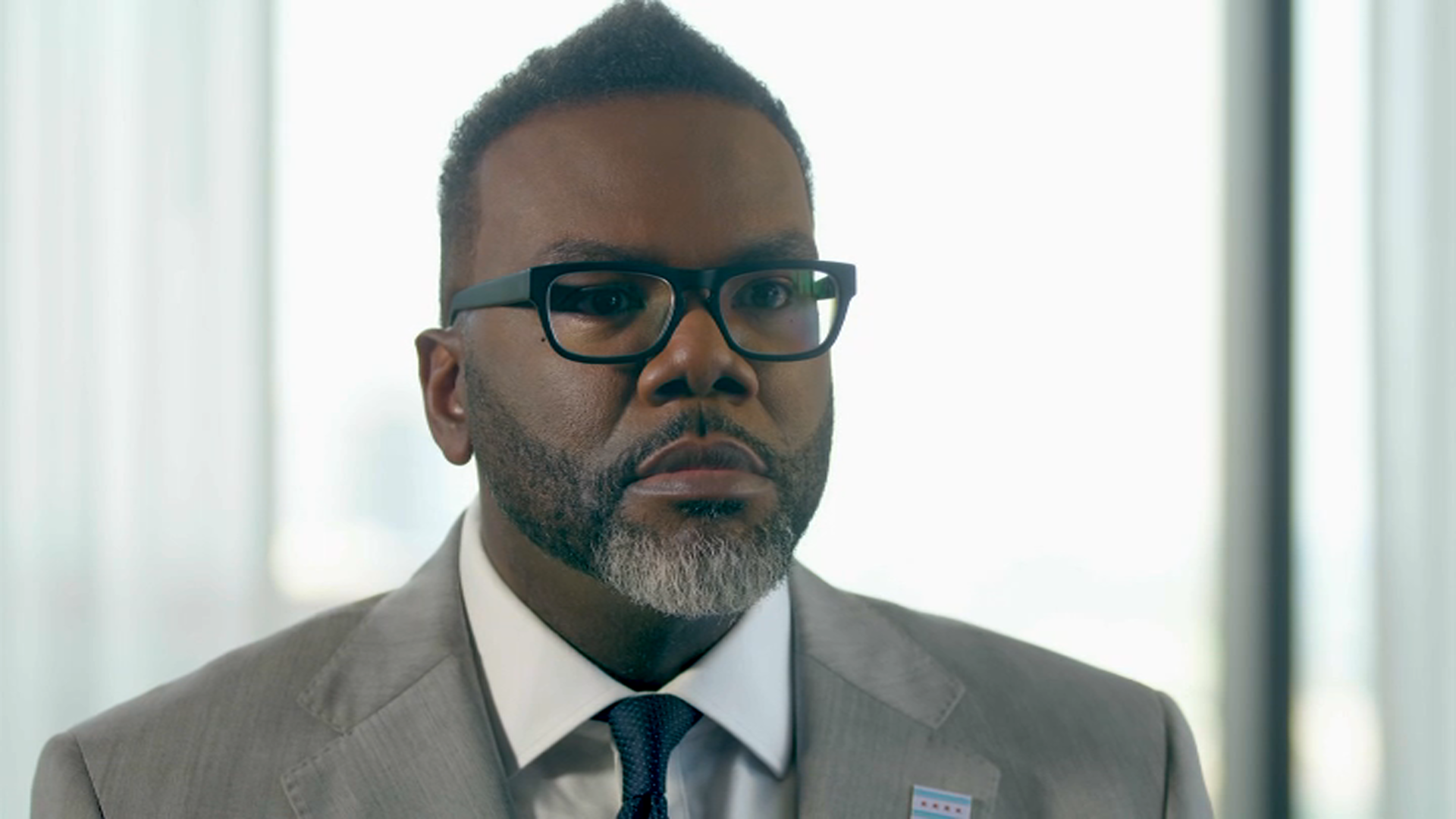Changes announced this week to the 2024 Chicago Pride Parade, the oldest and one of the largest pride parades in the country, were met with mixed reactions from residents and business owners.
Organizers said the parade will get smaller this year due to safety and logistical concerns coming from the city’s Department of Transportation and Chicago police.
The change means the parade will see a 35% decrease in the number of participants, and organizers said priority will be given to LGBTQ+ organizations, groups, businesses and those with LGBTQ Employee Resource Groups.
"It's really interesting to hear they're ending it earlier for safety, because even at the end of the parade it felt totally fine," said Victoria Lipscomb who participated in the parade last year.
Feeling out of the loop? We'll catch you up on the Chicago news you need to know. Sign up for the weekly Chicago Catch-Up newsletter here.
"If you’re saying this is too big, what else is going to be too big?" asked Clarence Cavines, who works in the neighborhood.
"I think it’s good," said Dakota Trenkemp, who attended the parade last year. "The parade is like three to four hours long normally, at least the past two years that I've gone, so it kinda leads to a lot of issues with people being outside for that long for summer."
According to Pride Chicago, the number of entries will be capped this year from at least 200 to 125. Instead of starting at noon in previous years, the parade will step off an hour earlier, at 11 a.m. The parade route will also be shortened by at least six to seven blocks.
"I look at it kinda like optimizing versus downsizing: optimizing the parade to really focus on us and organizations," said Terrence Chappell, principal of Chappell Communications Group.
Local
The parade, scheduled for Sunday, June 30, is expected to attract more than a million people through Uptown, Lakeview and Lincoln Park neighborhoods, the same week as Fourth of July and the weekend before NASCAR's Chicago Street Race.
"Of course safety is the most important, but if they're still going to get a million people out here, that's still a million people. It doesn’t matter if it's an extra 45 minutes or not," said Michael Hornick, owner of The Chicago Diner near Roscoe and Halsted.
When asked about the changes and whether it’s an issue with resources, a city spokesperson told NBC Chicago in a statement saying, "We are honored that the Chicago Pride Parade is one of the largest and most successful LGBTQ+ celebrations in the country. As with all major events in the city, we are constantly evaluating options to improve safety while also delivering the best experience for our visitors, residents, and community."
While some people are disappointed, others tell NBC 5 they’re ready for the celebration.
"Since it’s still happening, [and] I think that the big part," said Lipscomb. "It’s still going on; the parade is happening; we still get to celebrate, and that's the big deal."
Despite the changes, the executive director of the Northalsted Business Alliance said they're excited for the parade this summer. He told NBC Chicago the alliance is currently looking for a space to host a post-parade celebration similar to a block party.



